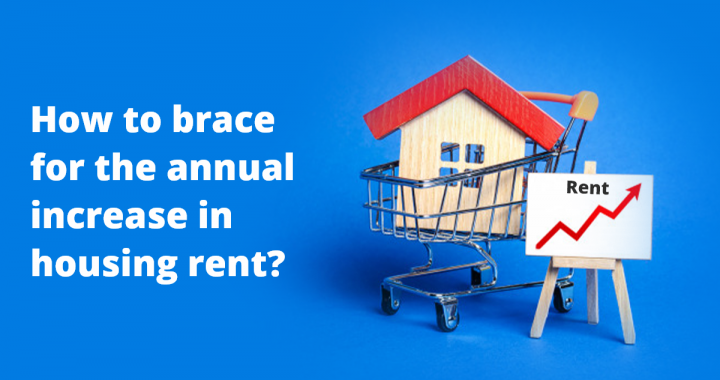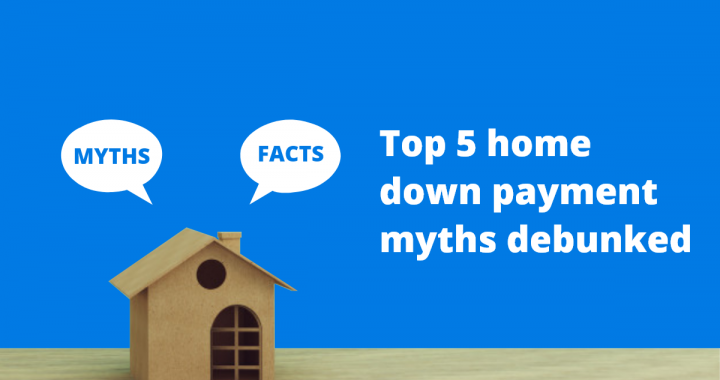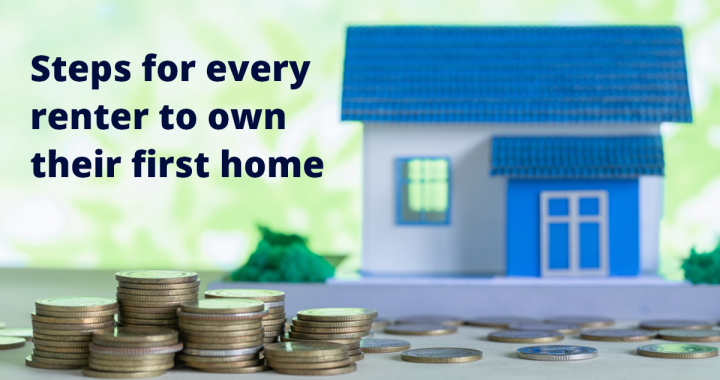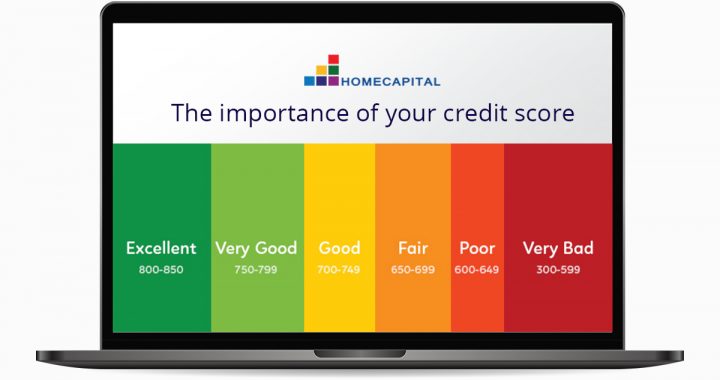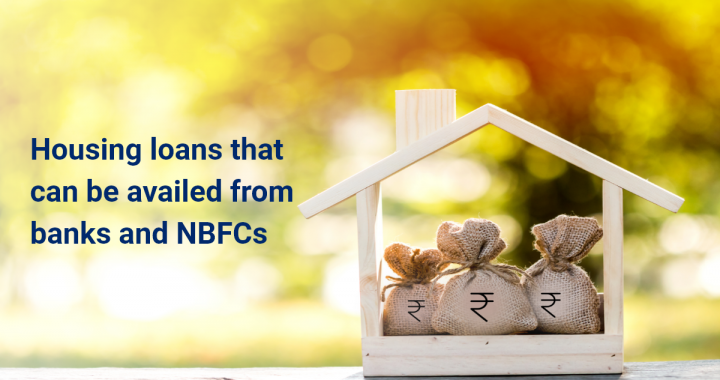The basic necessity of humans to carry on living is via satisfying the three basic parameters of life namely food, clothing and shelter. The security of the roof above is incomparable. Robust demand accompanied has even witnessed the real estate developers to bid a price to the investors to explore in the field of renting.
Large metros in India invite thousands of people of several cities, states, villages and small towns all-round the year mainly due to fulfilling livelihood demands. The migration of these large chunks of people complementarily spurs up the demand for rental housing facilities. Additionally, just commencing to work does not leave many new members of the working population to buy a house at the go. Thus, every new day is witnessing the rental market boom like no other. The rush has lead to redesigning the service provided by the home builders to be landlords and have re-imaged the real estate sector.
The trend of national housing rent that is rising
The Reserve Bank of India (RBI) housing price index, has clearly highlighted the rising trend of housing rent prices throughout the past year. Around 11.09 million housing units all over India, especially in the urban areas, have institutionalized the long unorganized renting market in the country. A contribution of 13.5% by Maharashtra, 5.9% by West Bengal, 13.8% by Andhra Pradesh and 4.3% by Delhi to the total stock of the urban rental household sector is overwhelming. The blooming of India’s rental housing market space is further assured by some important segments of the market officially registering the rental yield of 4%. Tier 1 cities housing landlords have filed their yield much above 3%. Ahmadabad and Chennai have projected housing rent growth of as much as 0.7% and 0.4%. Although the highest growth in housing rent is marked by Bengaluru, Kolkata, Ahmadabad and Hyderabad.
Home down payment programs can help you relax about the house rent traction
HomeCapital has already captured the attention of the mass with India’s first Home Down Payment Assistance Program. Accurate analysis of the real estate market and being able to redefine and accelerate home ownership for first time home buyers have added to the credibility of the HomeCapital program. It has brilliantly submitted towards assisting people to cross the hurdle of home down payment and achieving their dream of ownership of an abode.
Your housing demand is sure to be assisted by the HomeCapital program. The following highlight the USP of their program:
- Association of HomeCapital with leading real estate developers as well as reputed financial institutions have facilitated them to show the light of hope to a robust population of habitat seekers
- The HomeCapital program is completely interest-free which is definite to lubricate the financial traction of a host of first-time home buyers. The interest of the regime is borne single – handedly by HomeCapital
- The down payment assistance is in the form of a personal loan which is equal to your contribution towards the down payment
- You are privileged to repay the credit principle amount in the form of equally distributed monthly instalments over a period of 12 months.
You can thus live your dream of purchasing your first abode in the near future without being forced to postpone the same owing to insufficient stocked savings. Thus, you can select the best of homes that is well-aligned with your taste.
Cost comparison between renting annually versus buying your own house
It is always wise to carry out a cost-benefit analysis of a rent versus buy scenario before plunging into any kind of contract. Especially, in case of financial decision making the importance of the same is unparalleled. Buying a house pushes people to get into a “less abundant lifestyle”, meaning cutting massively on various other expenditures for a substantial period of time. The motivation and will power be the other two major factors alongside the buying power that drives the decision to buy a house.
Consider the housing rent of a 2 BHK apartment in Mumbai to be around ₹50 thousand every month. As we advance in time, the cost is likely to elevate marginally. While on the other hand, purchasing a house with a home loan could fix your EMI at around ₹ 80 – 90 thousand a month. This amount may initially seem a higher amount than the monthly rent, but in the longer run it results in much higher savings. Real estate developers require you to pay a down payment while buying your house. According to the RBI, this amount could vary from 5% to 20%. HomeCapital’s program helps you with half of the down payment amount and helps you fast forward home ownership.
Having a home of your own home is definitely a relaxation you would love to experience in the long run. Aging makes a person wiser and even cultivates their habit of spending, thus the EMI option might not look so burdening an idea. Moreover, rent just assures a month of shelter, while EMIs additionally take you closer to ownership. Walking on the path to get a self-owned house at the earliest with HomeCapital is definite to satisfy the feeling of ownership of a roof above your head. Psychologically, rent and landlords hovering every month are pretty disturbing. Don’t waste time; put your resources at the earliest to buy your first house companioning HomeCapital.
